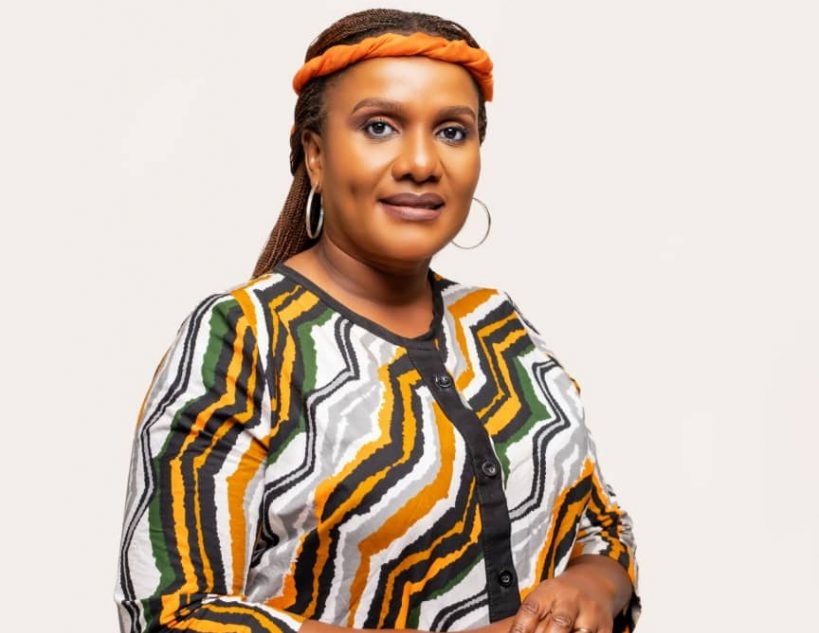By Dr. Khanakwa Sarah Bwayo (PhD)
Leadership, as the Bible states in Psalm 75:6-7, “For not from the east or from the west and not from the wilderness comes lifting up, but it is God who executes judgment, putting down one and lifting up another.” This verse reminds us that it is God who raises up leaders and brings them down.

This divine narrative provides a spiritual endorsement for those in power. However, throughout history, leaders, whether they come with revolutionary visions or compassionate governance inevitably face opposition. This raises profound philosophical questions: Why do human beings resist leadership, even when it is aligned with their divine and moral beliefs? More importantly, what makes a leader exceptional despite this resistance?
The African continent has produced some of the world’s most iconic and transformative leaders, individuals who have not only shaped the destinies of their nations but have also contributed significantly to the larger Pan-African cause. Leaders such as Samora Machel of Mozambique, Nelson Mandela of South Africa and Julius Nyerere of Tanzania remain etched in the annals of history for their visionary leadership and lasting legacies. In this group of famous African statesmen stands President General Yoweri Kaguta Museveni Tibuhaburwa, a leader whose influence has transcended Uganda’s borders and left an enduring stamp on the African continent. His legacy is marked by his exceptional leadership qualities, his contribution to regional peace and stability, and his unrelenting commitment to Pan-Africanism.
As a young revolutionary in the 1970s, Museveni saw the need for a fundamental transformation in Uganda, which had been devastated by dictatorship, war, and economic collapse. Leading the National Resistance Army, Museveni launched a guerrilla war that culminated in his climb to power in 1986. From the outset, it was clear that Museveni’s vision went beyond mere power consolidation; he sought to rebuild a broken nation.
Museveni’s “broad-based” government, which included members from various political factions, was designed to foster national unity. This approach helped reduce internal conflict and lay the foundation for political stability. His insistence on maintaining security and building a professional army as opposed to the ethnic militias of previous regimes helped create a secure environment for growth and development.
Museveni’s economic reforms have been equally transformative. In the late 1980s, Uganda was economically paralyzed, suffering from hyperinflation and a near-total collapse of state services. Working closely with international institutions like the World Bank and the International Monetary Fund, Museveni implemented structural adjustment programs that ultimately succeeded in stabilizing Uganda’s economy.
Museveni’s decision to deploy Ugandan soldiers in these conflict prone countries such as South Sudan, the Democratic Republic of Congo, and Somalia, reflected his belief in Pan-African solidarity and the need for African nations to resolve their own conflicts. His proactive role in supporting peace negotiations in South Sudan further underscores his commitment to ensuring that African conflicts are addressed by African solutions. This Pan-African approach mirrors the vision of leaders like Julius Nyerere, who advocated for the unification and self-determination of African states.
Museveni has consistently advocated for African unity and self-reliance, stressing that African countries must work together to solve their problems without undue reliance on external forces. Under his stewardship, the East African Community (EAC) has made significant strides toward deeper economic integration, with initiatives such as the Customs Union and the Common Market Protocol, which aim to create a single market for goods, labour, and capital within the region.
Despite his many accomplishments, Museveni, like many long-serving leaders, has faced opposition. Leadership is often a paradox, where the very authority one holds can become a point of contention, even if the leader has made significant positive contributions. Nelson Mandela, for instance, faced internal resistance from some factions within the African National Congress (ANC) during his tenure, and Julius Nyerere’s socialist policies were heavily criticized, both domestically and internationally. Museveni is no exception to this rule.
His long tenure has raised questions both within Uganda and abroad about democratic governance and the transition of power. While his supporters argue that his continued leadership has been crucial to maintaining stability and ensuring progress, his critics contend that political reform and greater space for opposition are necessary for Uganda’s democratic development. This tension between longevity and democratic ideals is a central theme in Museveni’s legacy.
However, it is important to recognize that the mark of great leadership is not the absence of opposition but the ability to navigate and overcome challenges while staying true to one’s vision. His ability to balance authoritarian control with progressive reforms has allowed him to sustain his leadership
In the end, leadership is not measured solely by popularity or tenure but by the lasting impact one leaves on society. By this measure, President Museveni’s legacy is secure. He has been, and continues to be, an exceptional leader whose influence reaches far beyond the borders of Uganda.
The writer is the head of department for resource mobilization at the Uganda AIDS Commission, in the Office of the Presidency
Have An Advert Or Article You Want To Publish? WhatsApp: +256760530830.

